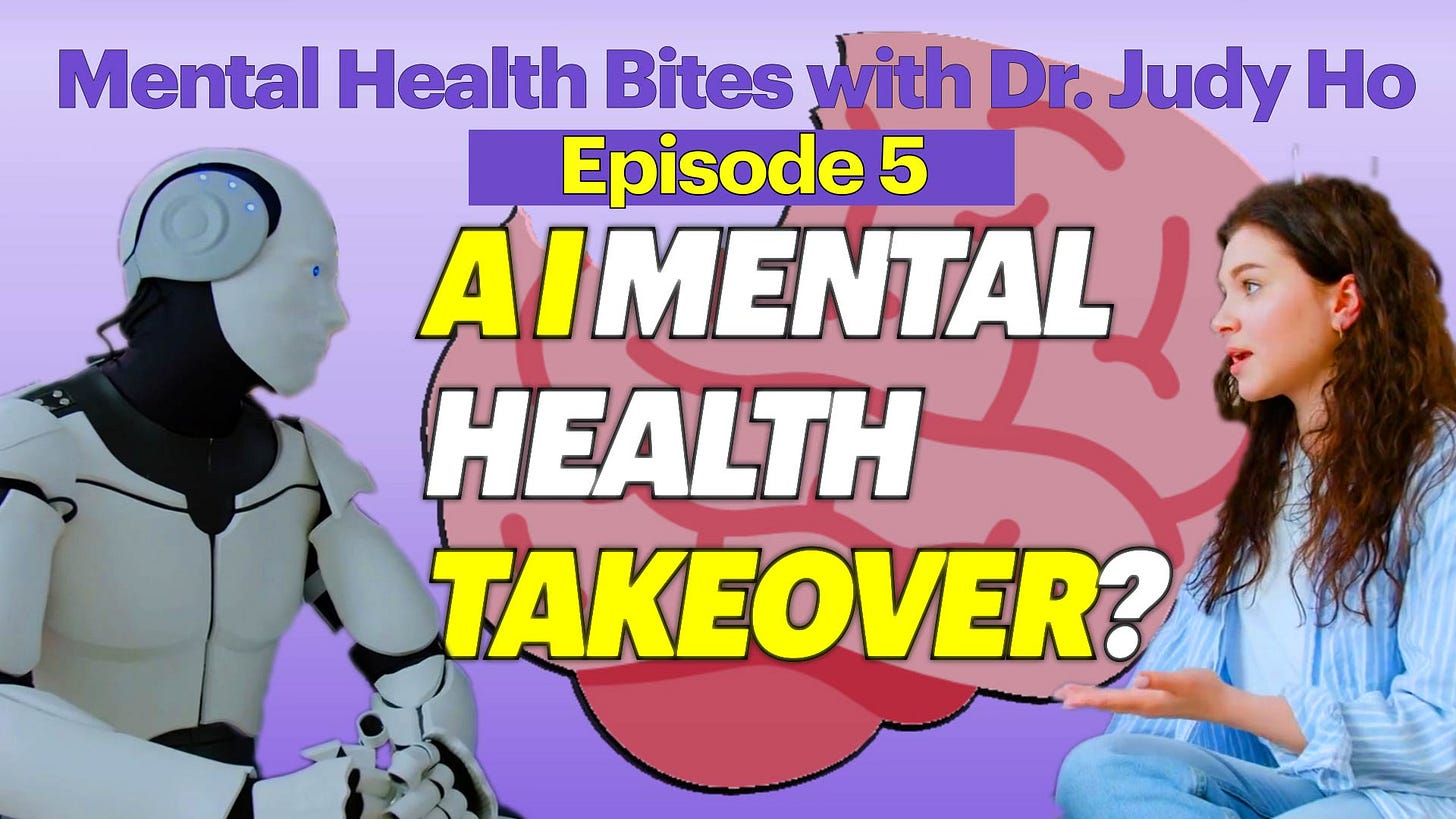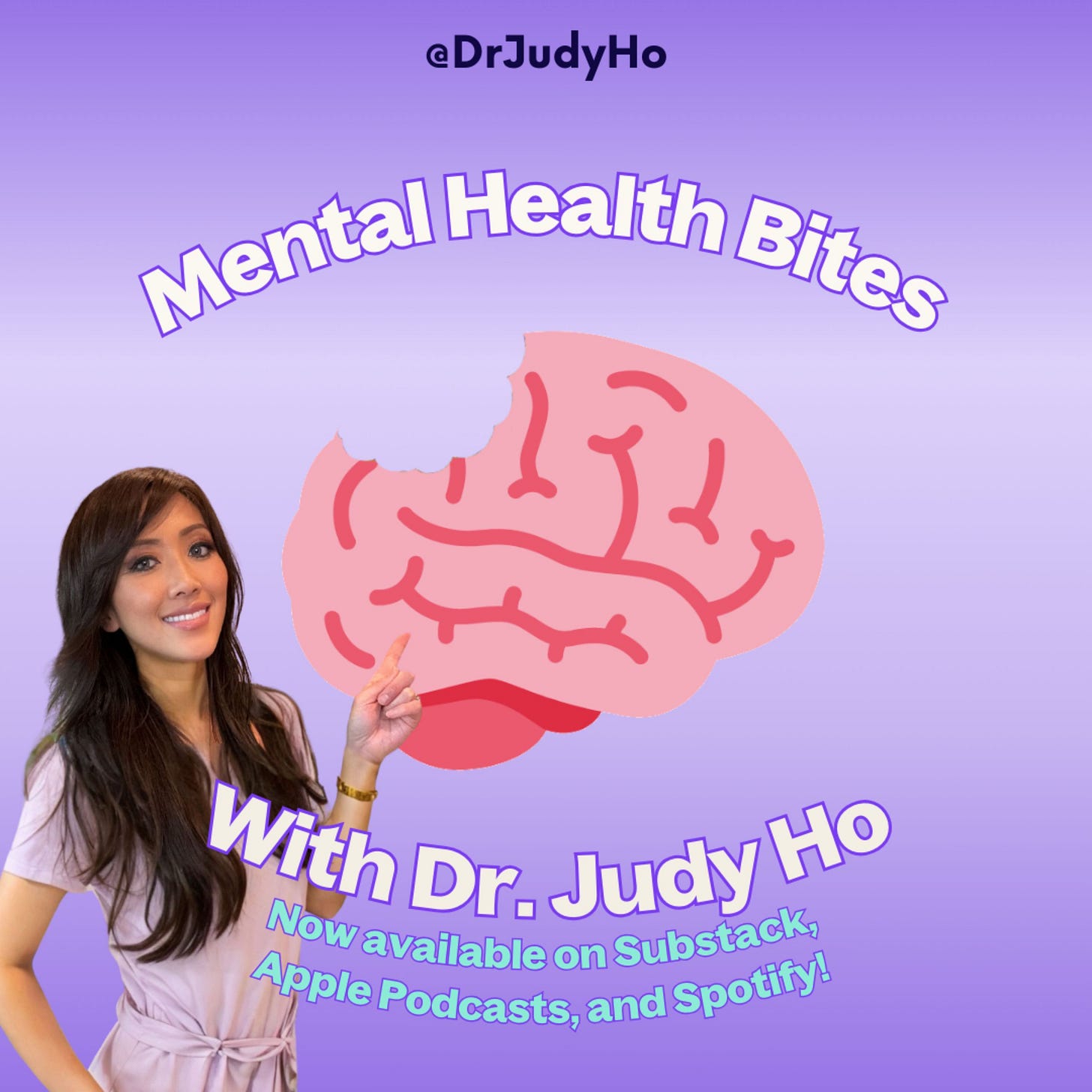Simplicity can have a profound impact on mental health.
It can reduce stress, increase focus, and foster a sense of calm and control.
Our brains crave routines. The repetition of a routine allows you to quickly go from flight or fight into a mode of rest and relaxation. In these modes we can be more creative and expand our thinking and engage more deeply in tasks that matter us.
In a way, routines help declutter our brain. We don’t have to worry about what to do next because, well, it’s routine!
Simplifying your life can have a similar impact on our lives.
By decluttering, streamlining, and simplifying various aspects of our lives you can enhance your overall well-being.
Five Practical Steps to Simplify Your Life
1. Declutter Your Physical Space
How does this help? A clutter-free environment can reduce feelings of overwhelm and stress. It creates a sense of order and peace, making it easier for you to relax and focus.
Steps to Take:
Start with one room or area at a time. Sort items into categories: keep, donate, recycle, or discard.
Adopt a minimalist approach by keeping only items that are functional or bring you joy.
Organize and store belongings in an orderly manner, using storage solutions to keep things tidy.
2. Streamline Your Digital Life
How does this help? Reducing digital clutter can minimize distractions, reduce decision fatigue, and improve your focus.
Steps to Take:
Organize your email inbox by unsubscribing from unnecessary newsletters and categorizing important emails.
Limit social media use by setting specific times for checking platforms and unfollowing accounts that don't contribute positively to your life.
Clean up your desktop and digital files, and use cloud storage or external drives to back up important documents.
3. Simplify Your Schedule
How does this help? A simplified schedule reduces the stress of juggling too many commitments and allows you more time for relaxation and self-care.
Steps to Take:
Prioritize your commitments by identifying the most important tasks and activities. Learn to say no to additional responsibilities that don't align with your priorities.
Block out time for rest and self-care in your schedule, and stick to these appointments as you would any other commitment.
Use a calendar or planner to organize your time effectively, avoiding overbooking yourself.
4. Nurture Essential Relationships
How does this help? Focusing on meaningful relationships can provide you with emotional support and reduce the stress of maintaining numerous, less significant connections.
Steps to Take:
Invest time and energy in relationships that are supportive and enriching. Schedule regular catch-ups with close friends and family.
Set boundaries in relationships that drain your energy or cause stress, and consider distancing yourself from toxic interactions.
Focus on quality over quantity in your social life, seeking deep, meaningful connections rather than a large number of acquaintances.
5. Create Routines and Habits
How does this help? Consistent routines reduce decision-making fatigue and create a sense of stability and predictability.
Steps to Take:
Develop morning and evening routines that include activities like meditation, journaling, or reading to set a positive tone for your day and wind down at night.
Incorporate regular mindfulness practices, such as deep breathing or yoga, into your daily routine to reduce stress and increase presence.
Stick to regular sleep and wake times to regulate your body’s internal clock and improve sleep quality.
Bonus Tip: Using AI as a way to streamline your mental health game
Let’s talk about AI.
The current boom in artificial intelligence has had interesting effects on people’s mental health. Last year, the American Psychological Association’s Work in America Survey found that 38% of workers reported that they had concerns about AI making elements of their job obsolete in the future.
Now, these concerns are valid. But AI also presents new tools that we can use to improve our mental health - and can be used to create an easy routine to follow that ensures you’ll take key actions to improve your well-being.
You can check out this recent podcast episode I did, titled “AI Mental Health Takeover?” The audio is embedded in this newsletter (at the top), or you can listen to it on Apple Podcasts or watch the video version on YouTube.
In this episode, we delve into the intersection of artificial intelligence (AI) and mental health, exploring the potential benefits and risks of using AI for mental wellness.
So today, I want to leave with you one more practical tip on how you can utilize AI-powered mental health apps for daily check-ins.
AI-powered mental health apps, like Woebot, Wysa, or Youper, can offer personalized support and help you track your mental health over time. These apps use AI to provide real-time, evidence-based coping strategies, mood tracking, and mindfulness exercises. (Note: I am not personally endorsing any of these apps; but they are ones that my clients have found helpful).
How to Implement:
Choose the Right App: Select an AI mental health app that aligns with your needs. Many of these apps offer free trials, so you can test a few before committing.
Daily Check-Ins: Set aside a few minutes each day to check in with the app. Answer questions about your mood, stress levels, and any specific challenges you’re facing. The AI will use this information to tailor its responses and suggestions.
Engage with Exercises: Follow the app’s recommendations for mindfulness exercises, cognitive-behavioral techniques, or journaling prompts. These activities can help you manage stress and develop healthier thought patterns.
Track Progress: Regularly review your mood and activity logs within the app to identify patterns and triggers. This can provide valuable insights and help you and your therapist make more informed decisions about your mental health care.
Combine with Traditional Therapy: Use the app’s insights as a supplement to your regular therapy sessions. Share your app data with your therapist to give them a more comprehensive view of your mental health between sessions.
Here’s to your mental health,
Judy
SXSW Panel Picker! I need your votes!
Have you heard of South by Southwest (SXSW)? SXSW is known for its conference and festivals that aim to foster creative and professional growth alike. It is a destination for global professionals and features sessions, showcases, screenings, exhibitions, and a variety of networking opportunities.
I submitted several ideas for talks, fireside chats and workshops for next year’s conference. 30% of the conference committee’s decisions are based on public vote, which shows interest in the topic and the speaker.
So if you’d like to hear me speak on any of the ideas below, please click on the links and VOTE! You have until August 18 to vote for your favorite talks before the committee decides who will be on the list of speakers.
Goal Getter: Achieve Your Dreams with Attachment Healing (Fireside Chat)
Beating Burnout: How to Promote Resilience (Workshop)
The New Rules of Attachment (Book Reading)
Get Out Of Your Own Way: How to Stop Self-Sabotage (Workshop)
Order The New Rules of Attachment here: https://bit.ly/3MvuvvF
Take my Attachment Styles Quiz!
About me:
Dr. Judy Ho, Ph. D., ABPP, ABPdN is a triple board certified and licensed Clinical and Forensic Neuropsychologist, a tenured Associate Professor at Pepperdine University, television and podcast host, and author of Stop Self-Sabotage. An avid researcher and a two-time recipient of the National Institute of Mental Health Services Research Award, Dr. Judy maintains a private practice where she specializes in comprehensive neuropsychological evaluations and expert witness work. She is often called on by the media as an expert psychologist and is also a sought after public speaker for universities, businesses, and organizations.
Dr. Judy received her bachelor's degrees in Psychology and Business Administration from UC Berkeley, and her masters and doctorate from SDSU/UCSD Joint Doctoral Program in Clinical Psychology. She completed a National Institute of Mental Health sponsored fellowship at UCLA's Semel Institute.


















Share this post